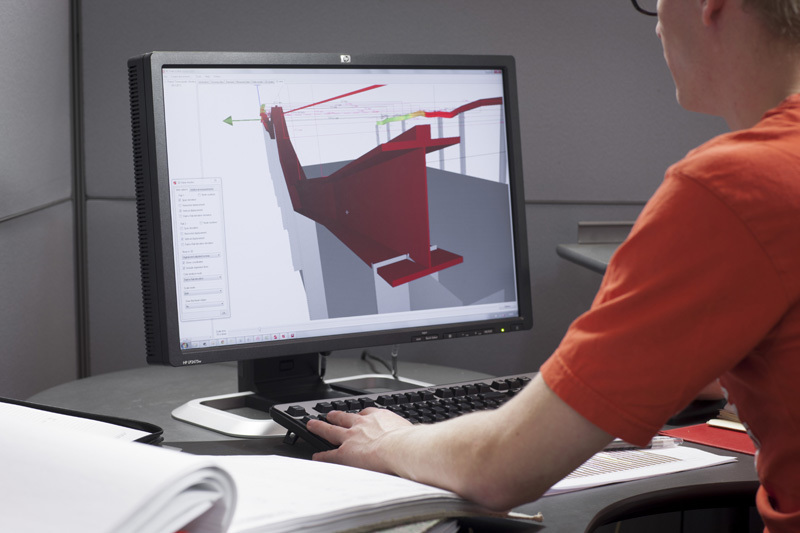

|
Edward Lowton
Editor |


|
| Home> | Handling and Storing | >Lifting equipment | >Crane reliability study |
Crane reliability study
21 November 2014
Having only recently re-launched its Trucare remote service package, Konecranes is intent on retaining its focus on the field of service and maintenance having developed a Crane Reliability Study (CRS).

Serving to provide a deeper insight into the condition, safety and efficiency of all types of lifting equipment, Konecranes believes the CRS will successfully deliver valuable information that can be used to optimally predict and control total cost of capital equipment ownership.
It is move that coincides with Konecranes’ decision to appoint its first UK consultancy service manager, Lee Thorne, to bring greater focus to the area of crane maintenance service. Thorne states: "Crane Reliability Study provides an exhaustive analysis and comprehensive report for all makes and models of overhead cranes and lifting equipment, outlining its condition and current operating capacity.
"In addition, a CRS report contains recommendations as to future actions that might be needed to maximise the use of equipment, thereby enhancing safety, improving performance and increasing reliability."
At its heart, CRS uses advanced methods to provide a reliable technology roadmap to guide customers through improving equipment performance and reliability. Knowing what specific repairs, upgrades, and modernisations are needed in advance allows a long-term modernisation plan to be created, resulting in maximum productivity, whilst helping minimise downtime.
Standing as a logical extension to Konecranes’ rapidly expanding service and maintenance product offering, CRS helps prevent against losses in production revenue as the study helps customers avoid the unpleasant surprises of sudden breakdowns and unexpected expenses for the repair or replacement of their equipment.
The CRS is also intended to help ensure customers’ lifting equipment is fit for future production needs. Advanced technology and methods penetrate deep into equipment and uncover problems that standard equipment inspections fail to detect. Addressing such problems in advance prevents unplanned downtime and safety issues from occurring.
The results of a CRS also allow informed decisions to be made on how to maximise the use of equipment and devise a modernisation schedule to increase equipment uptime and improve material handling productivity.
- Crane flies into action for helicopter firm
- Modernisation programme for historic crane
- Celebrating ISO accreditation
- Crane reliability study
- Providing lifting equipment and maintenance
- Lifting solutions for tent builder
- Crane specification tool
- Intermodal seminar a success
- Eco-friendly service van fleet
- Significant space savings

















